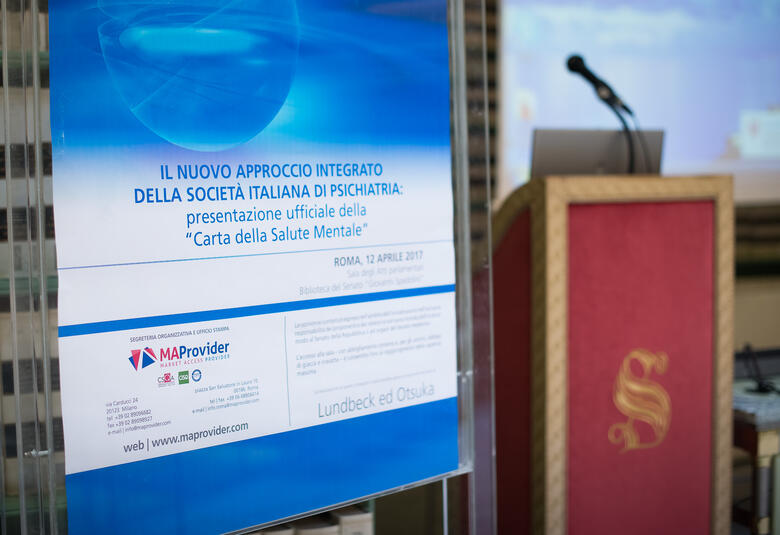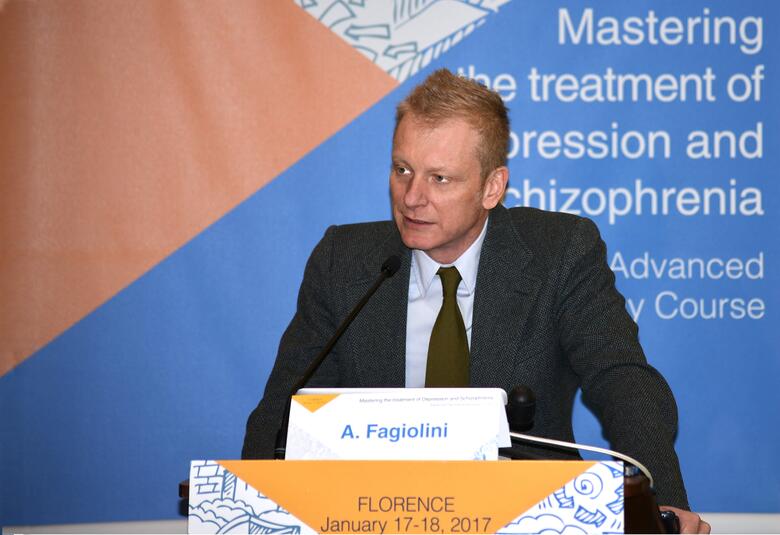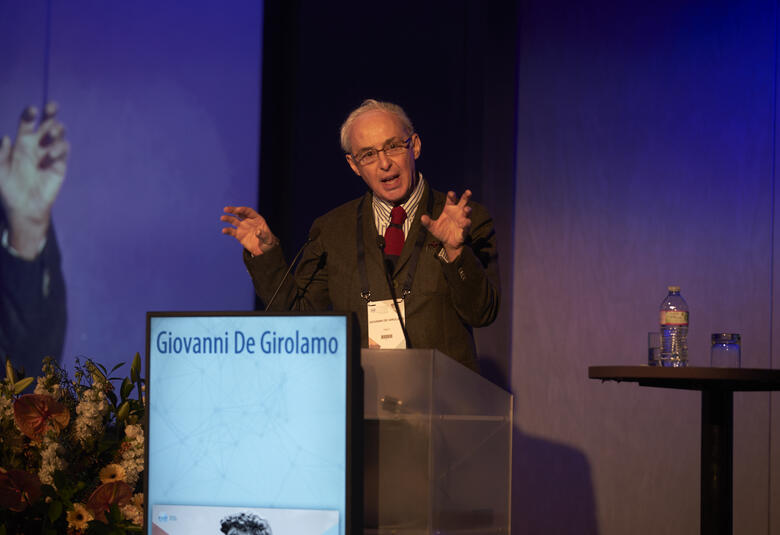
Maximising patient potential in MDD
Interview with Dr Virginia Soria, Barcelona
Right option – first time
“The real challenge in treating MDD is choosing the right option first time,” said Dr Virginia Soria, Spain, “and making sure that the balance between effect and tolerability works right from the start of therapy.” As she explains, in this way benefit can be gained from the outset and long-term issues such as the worsening or persistence of symptoms can be avoided.
In her experience, the best approach is to treat intensively. Therapies should be tailored to take into the account the severity of the patient’s depression, their age and the type of symptoms being experienced. Achieving a partial response or the persistence of residual symptoms is not the end-point of the treatment, especially in certain subgroups of MDD such as melancholic depression. “We have to get the most out of therapy as early as we can,” she said. And to do this establishing a relationship of trust with the patient is essential. This involves the patient being empowered in the management of the condition and to be a willing participant in their treatment programme.
Recovery is the goal – not just remission
Dr Soria defines remission in MDD when there are few or no mood symptoms present in a patient as measured using a suitable rating scale. However, while remission is desired, recovery is her ultimate goal – that is a complete, sustained remission with functional restoration in the patient. She estimates that 30-40% of patients attain remission at the first attempt. In those that do not initially remit, further interventions are employed including use of combinations of therapies, augmentation and neuromodulation. Use of ECT can lead to attainment of remission in 70% of those in which it is being used. “Don’t stop treatment after the first attempt,” she said, “If a patient is resistant to antidepressant therapy, re-evaluate them with an open mind and look for the treatment regimen that better suits them.”
Holistic approach
Dr Soria believes in the use of a more holistic approach to the management of MDD as it has been reliably demonstrated that psychopharmacology and psychotherapy in combination is more effective in gaining symptom remission than either therapy used alone. Ideally, combination therapy should be used from the outset of treatment. This also includes offering advice on lifestyle management including diet and exercise. “It can often take longer to persuade a patient to exercise than to take their medicine!” she reported.
Currently, Dr Soria evaluates cognitive symptoms in depression mainly in her elderly patients using the Mini-mental state examination or MoCA Montreal scales but, as cognitive symptoms affect global performance and functionality regardless of age, she plans to pay more attention to the assessment of these in future in all patients with depression.
Correspondent’s highlights from the symposium are meant as a fair representation of the scientific content presented. The views and opinions expressed on this page do not necessarily reflect those of Lundbeck.


